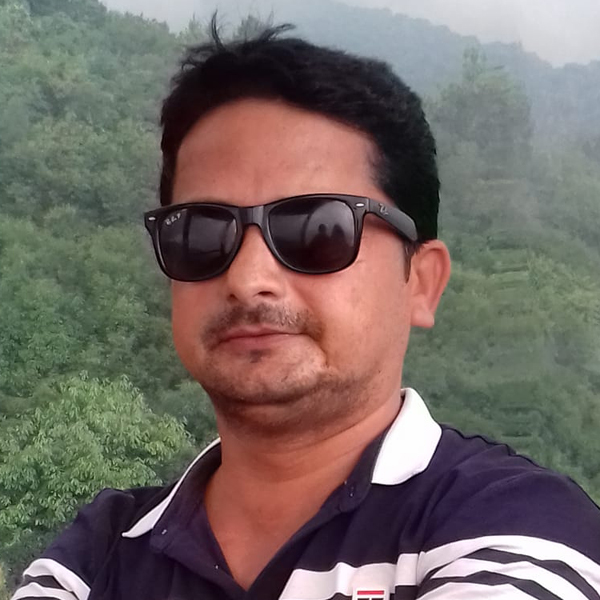Health
Dengue patients still on the rise in Birgunj Metropolitan City
Looking at the number of patients flocking the hospital, doctors suspect that around 500 people have been infected with the dengue virus in Birgunj..jpg&w=900&height=601)
Shankar Acharya
Doctors of Narayani Hospital in Birgunj said that the number of patients suffering from dengue, a mosquito-borne disease, is still rising in Birgunj Metropolitan City—with the hospital seeing fresh patients every day. However, officials at the metropolis claim that the disease is under control.
Dr JP Jaisawal of Narayani Hospital said that he has already treated around 120 dengue patients in the last 40 days. According to him, the hospital received six dengue patients on Thursday alone. He said, “A majority of them were from Gahawatol in Birgunj Metropolis.”
The hospital has received more than a dozen dengue patients from Gahawatol recently. Jaisawal said, “There is a rain-filled ditch in between the settlement. The disease is mostly found in the residents living nearby the ditch.”
Dengue had affected all 32 wards of the metropolis, when the disease spread across the country. However, it was controlled in the third week of October. Dr Udaya Narayan Singh of Narayani Hospital said that the number of dengue patients increased in the fourth week of October. “The situation is still the same. About half a dozen of patients suspected of dengue are diagnosed every day,” said Singh.
Looking at the number of patients flowing into the hospital, doctors suspect that around 500 people have been infected with the dengue virus until now. Dengue patients are undergoing treatment at Narayani Hospital, National Medical College, Tarai Hospital, Gandak Hospital, Bhawani Hospital, Birgunj Health Care Hospital and Advance Hospital.
However, the Health Division of the Birgunj Metropolitan City doesn’t have reliable data of the patients. Arun Kumar Mahato, chief at the Health Division, said that 146 people were infected with dengue until October 24. “Currently, the disease is under control. We have been asking data from the hospitals in Birgunj,” said Mahato.
According to the division, the disease had turned into an epidemic in the district five years ago. The first case of dengue was reported in Nepal in 2005, said Mahato.
The metropolis has been holding campaigns in communities hit worst with the disease to make people aware of the possible outbreak of dengue. Officials of the metropolis have requested locals to take part in mosquito search and destroy campaign to contain the disease.
Female Aedes aegypti and Albopictus mosquitoes transmit the dengue virus. The same vector also transmits chikungunya, yellow fever and Zika viruses, according to the World Health Organization. Mild to high fever, severe muscle pain, rashes in the muscles, severe headache, and pain in eyes are some of the symptoms of the infection of the disease, doctors say. The UN health agency said that there is no specific treatment for severe dengue, but early detection and access to proper medical care lowers fatality rate.




 9.6°C Kathmandu
9.6°C Kathmandu















